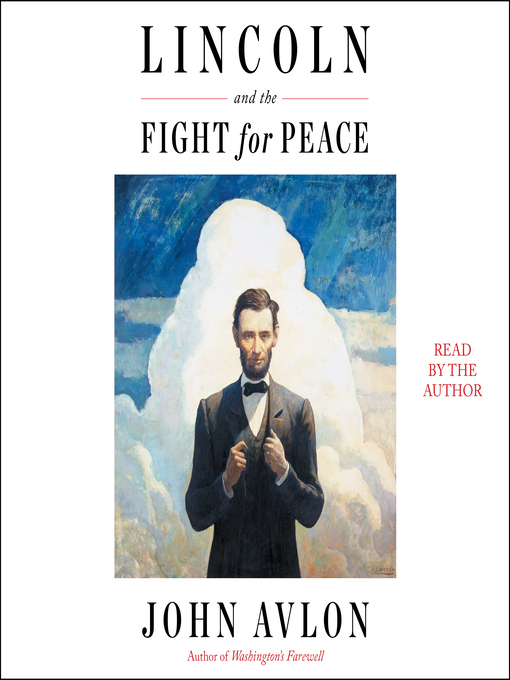
As the tide of the Civil War turned in the spring of 1865, Abraham Lincoln took a dangerous two-week trip to visit the troops on the front lines accompanied by his young son, seeing combat up close, meeting liberated slaves in the ruins of Richmond, and comforting wounded Union and Confederate soldiers.
The power of Lincoln's personal example in the closing days of the war offers a portrait of a peacemaker. He did not demonize people he disagreed with. He used humor, logic, and scripture to depolarize bitter debates. Balancing moral courage with moderation, Lincoln believed that decency could be the most practical form of politics, but he understood that people were more inclined to listen to reason when greeted from a position of strength. Ulysses S. Grant's famously generous terms of surrender to General Robert E. Lee at Appomattox that April were an expression of a president's belief that a soft peace should follow a hard war.
While his assassination sent the country careening off course, Lincoln's vision would be vindicated long after his death, inspiring future generations in their own quests to secure a just and lasting peace. As US General Lucius Clay, architect of the post-WWII German occupation said when asked what guided his decisions: "I tried to think of the kind of occupation the South would have had if Abraham Lincoln had lived."
Lincoln and the Fight for Peace reveals with "its graceful prose and wise insights" (Jon Meacham, Pulitzer Prize–winning author of The Soul of America) how Lincoln's character informed his commitment to unconditional surrender followed by a magnanimous peace. Even during the Civil War, surrounded by reactionaries and radicals, he refused to back down from his belief that there is more that unites us than divides us. But he also understood that peace needs to be waged with as much intensity as war. Lincoln's plan to win the peace is his unfinished symphony, but in its existing notes, we can find an anthem that can begin to bridge our divisions today.
-
Creators
-
Publisher
-
Release date
February 15, 2022 -
Formats
-
OverDrive Listen audiobook
- ISBN: 9781797136004
- File size: 316931 KB
- Duration: 11:00:16
-
-
Languages
- English
-
Reviews

Loading
Formats
- OverDrive Listen audiobook
subjects
Languages
- English
Why is availability limited?
×Availability can change throughout the month based on the library's budget. You can still place a hold on the title, and your hold will be automatically filled as soon as the title is available again.
The Kindle Book format for this title is not supported on:
×Read-along ebook
×The OverDrive Read format of this ebook has professional narration that plays while you read in your browser. Learn more here.